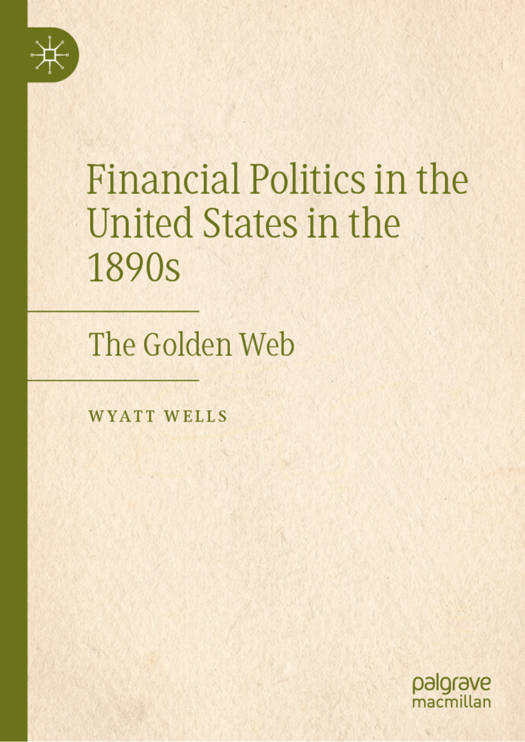
- Afhalen na 1 uur in een winkel met voorraad
- Gratis thuislevering in België vanaf € 30
- Ruim aanbod met 7 miljoen producten
- Afhalen na 1 uur in een winkel met voorraad
- Gratis thuislevering in België vanaf € 30
- Ruim aanbod met 7 miljoen producten
Omschrijving
In the 1890s, the choice between the gold standard and the free coinage of silver upended American politics. The gold standard linked the United States to the larger international financial system, in which gold was the common denominator. The free coinage of silver would effectively sever these ties by devaluing the dollar. The gold standard allowed the U.S. to secure vast amounts of foreign capital on good terms to build railroads and develop industry, but at the cost of deflation. The free coinage of silver would raise prices, particularly for cotton and wheat, whose cultivators carried heavy debts and were hard-pressed. The struggle would define the United States. Would it continue to develop industrially, or would it return to its agricultural roots?
The combatants--among them Grover Cleveland, William Jennings Bryan, J.P. Morgan, and William McKinley--understood what was at stake. This book deals both with well-known aspects of the contest, such as the 1896 Presidential election between McKinley and Bryan, and lesser-known ones, such as how the currency issues interacted with racial politics and international negotiations over the role of silver in the world's monetary system. The result is the most comprehensive account of financial politics in the United States in the 1890s yet published.
Specificaties
Betrokkenen
- Auteur(s):
- Uitgeverij:
Inhoud
- Aantal bladzijden:
- 331
- Taal:
- Engels
Eigenschappen
- Productcode (EAN):
- 9783031867644
- Verschijningsdatum:
- 29/05/2025
- Uitvoering:
- Hardcover
- Formaat:
- Genaaid
- Afmetingen:
- 148 mm x 210 mm

Alleen bij Standaard Boekhandel
Beoordelingen
We publiceren alleen reviews die voldoen aan de voorwaarden voor reviews. Bekijk onze voorwaarden voor reviews.











